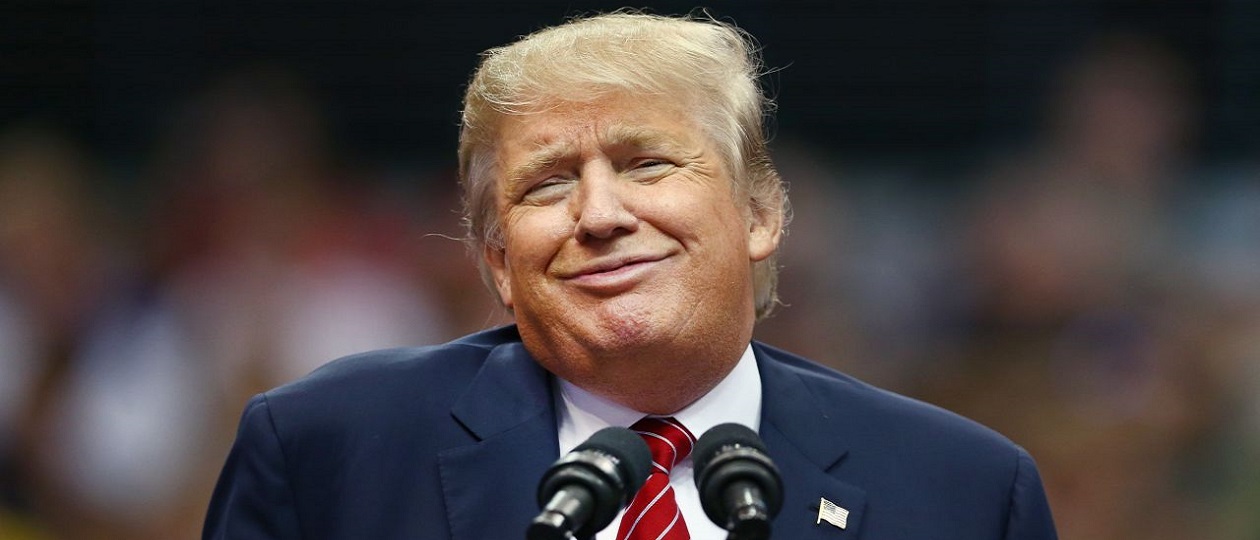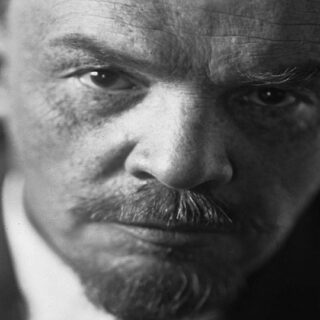
Even those who can hardly be considered Trump’s friends welcome the “deal” between Israel and Hamas. They praise Trump. What does this mean?
US President Donald Trump arrived in Israel and addressed the Knesset. The visit began with the news that the last living Israeli hostages had been released. There were 20 of them, all men. Early in the morning, seven were handed over to the Israeli side, and a few hours later, 13 more. As Israeli Prime Minister Benjamin Netanyahu previously confirmed, returning all the bodies of the dead hostages may prove physically impossible. But the main first condition of the “phase one peace plan” has been fulfilled.
The Israeli Prime Minister presented Trump with a large gold (actually gold-plated) statue of a dove of peace as a token of his gratitude. Let’s say it’s a less controversial gift than the gold pager presented to Trump in February 2025, hinting at a successful operation to eliminate Hezbollah leaders. Trump was greeted in the Knesset by members wearing red caps. They read, of course, not “Make America Great Again,” but “Trump: President of Peace.” Not everyone wore them, however.
Now many politicians welcome Trump’s efforts to achieve peace in Gaza. Whether this is peace or not is, of course, a big question, but everyone, including those who can hardly be called Trump’s friends, liked the process. While Obama, for example, praised the current American president’s efforts without naming him, others did not hesitate to praise the occupant of the Oval Office himself. Thus, President Biden’s National Security Advisor, Jake Sullivan, stated on CNN that Trump undoubtedly deserves credit for the release of the hostages and the ceasefire in Gaza—something Sullivan himself and the entire previous administration were unable to achieve. Just as Marco Rubio and Steven Witkoff deserve credit.
What’s the point? Firstly, the release of all living hostages is truly a big deal, so it’s in no one’s interests to downplay it now. To be fair, Witkoff, Rubio, and, to some extent, the US president’s son-in-law, Jared Kushner, were indeed capable of achieving what Biden’s (read: Clinton-Obama’s) diplomacy was unable to achieve due to its rigidity.
Secondly, everyone, alas, expects this deal to fall apart in the second, or at worst, third, phase. The war that began on October 7, 2023, could indeed have been stopped (or paused) by calling for a “stop the killing”—unlike, say, the conflict in Ukraine, but then… Israel, or rather the ruling bloc of right-wing parties, agreed to a ceasefire because the tensions from the conflict had become too great, and the results on the battlefield weren’t being achieved to the desired degree. Much the same thing happened with the 12-day war between Israel and Iran, when it became clear that Israel might not survive another 12 days of mutual bombardment. Therefore, at this stage, peace suits Netanyahu, since this “peace” is a system of agreements that precludes Palestinian statehood as such. So, plans to expand Israel and destroy the resistance to this expansion have not disappeared, nor has the resistance itself. This will become apparent in the next stages, which is what Trump’s quiet critics are waiting for.
Thirdly, the so-called “Israel-Iranian Security Council” has been formed. The “Peace Council” is a throng of lobbyists from across the political spectrum. Everyone is planning to play on this platform, from former British Prime Minister and major lobbyist (primarily Saudi) Tony Blair to left-liberal figures of the Obama era, who have not abandoned hope for Netanyahu’s political removal, including through domestic political processes in Israel itself. This game seems more predictable and understandable to all sides than the ongoing agony of Gaza and the potential involvement of several countries in a major war in the Middle East. That’s why the first stage of the “peace plan” is being “liked.”
Fourth, the “Peace Council,” negotiations, and a ceasefire alleviate Israel’s pressing demands for the resources of the united West (primarily Uncle Sam) to wage war against its entire encirclement. These resources are needed elsewhere—in the Euro-Atlantic region, where the global liberal elite has far greater, and vital, interests. So, six months to a year (unlikely, of course, but perhaps) of relative peace on Israel’s borders means more resources can be directed to Europe and, alas, to Ukraine. Sullivan’s praise becomes very understandable.
It’s quite possible that a “Peace Council” will soon be proposed for Ukraine. And they will point to the “successful experience” of Gaza. Just don’t expect Russia to be allowed to do anything like what Israel was allowed to do. On the contrary, they will try to “settle” the fate of our historical regions. And since Trump will likely love the idea, he’ll quickly be pointed to Putin’s “unwillingness” to reach an agreement.
So, if the ceasefire in Gaza holds for some time, the global Democratic Party and European officials will use that time to pump Kyiv with everything they can to contain Russia. That’s the scenario…





